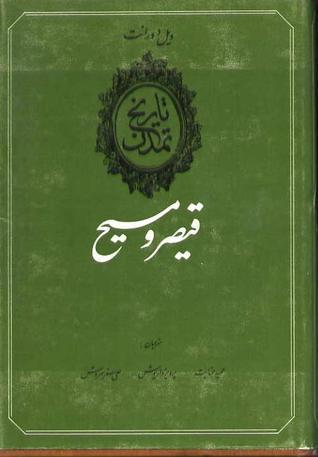What do you think?
Rate this book


930 pages, Hardcover
First published January 1, 1944
The method of these volumes is synthetic history, which studies all the major phases of a people’s life, work, and culture in their simultaneous operation. Analytic history, which is equally necessary and a scholarly prerequisite, studies some separate phase of man’s activity—politics, economics, morals, religion, science, philosophy, literature, art—in one civilization or in all.